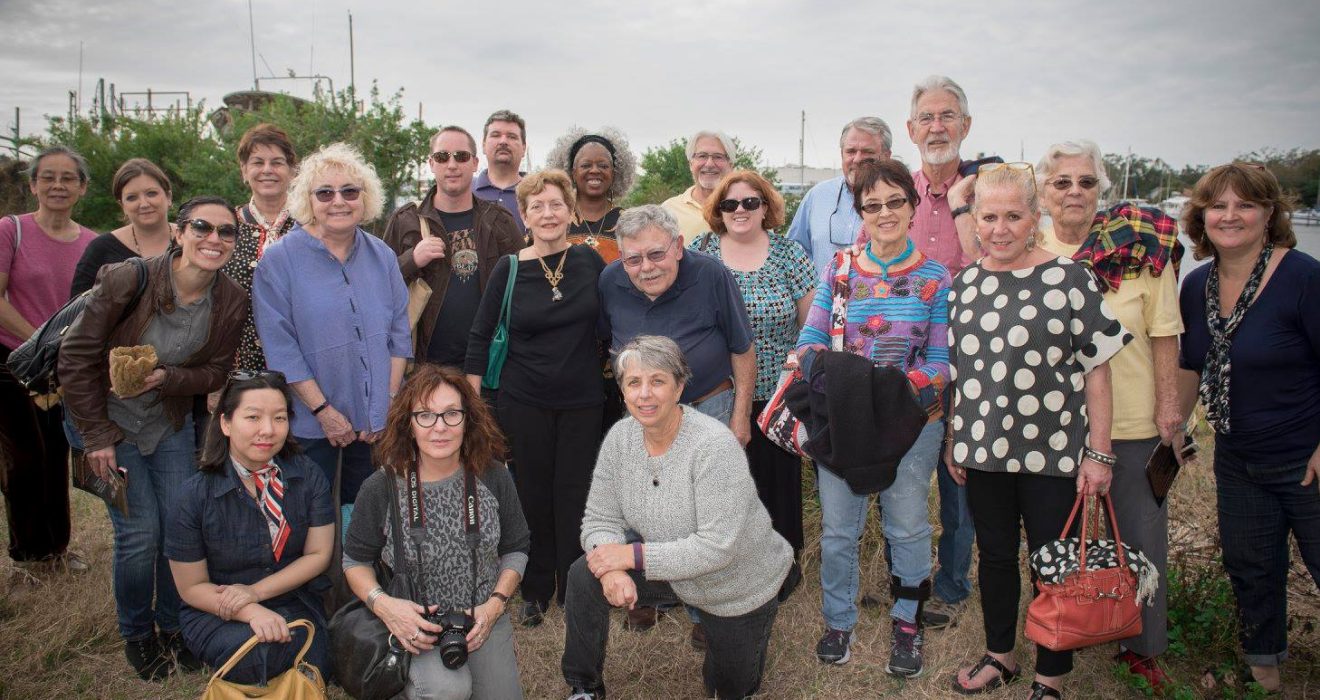Climate change’s repercussions extend beyond tangible damages to encompass intangible losses, threatening the very essence of cultural identity within communities. Maida Owens, a folklorist immersed in Louisiana’s rich cultural tapestry, underscores the profound impact of climate disasters on the Cajun and Creole fishing communities. Beyond the physical destruction of properties, the erosion of cultural traditions, rituals, and collective memory poses a formidable challenge. These communities, deeply rooted in their unique cultural heritage, face the prospect of losing more than just buildings and infrastructure—they risk losing the essence of who they are. As rising sea levels encroach upon their way of life, the threat to cultural continuity looms large. Preserving the intricate fabric of traditions becomes imperative in fostering resilience and ensuring the survival of communities deeply intertwined with their cultural roots. Recognizing this multifaceted challenge, efforts to address climate change must encompass not only infrastructural adaptations but also strategies to safeguard and revitalize cultural heritage.
Beyond Physical Protection
Community resilience transcends mere physical fortification; it hinges on the preservation of intangible cultural treasures. Owens underscores the pivotal role of rituals, traditions, and memories in shaping the fabric of daily life within vulnerable communities. Amidst the accelerating impacts of climate change, these cultural elements serve as pillars of resilience, fostering social cohesion and preserving collective identity. As homes and landscapes face unprecedented threats, it is the preservation of these cultural touchstones that sustains communities through adversity. They serve not only as repositories of shared history but also as beacons of hope and continuity in tumultuous times. Thus, efforts to bolster resilience must extend beyond structural defenses to include initiatives aimed at safeguarding and revitalizing cultural heritage. By nurturing these invaluable aspects of community life, societies can fortify themselves against the ravages of climate change while fostering a sense of belonging and solidarity that transcends the challenges of an uncertain future.
The Role of Folklorists
Folklorists serve as custodians of the soul of a society, tasked with studying and safeguarding the rich cultural heritage of ordinary people. Their mission diverges from the realm of high art, focusing instead on documenting the intricate tapestry of jokes, songs, spiritual practices, celebrations, and recipes that constitute the very essence of society. In times of environmental upheaval, their role takes on heightened significance as they provide invaluable insights into how culture adapts and evolves in response to challenges like climate change. By delving into the nuances of folklore, folklorists illuminate the resilience and ingenuity inherent within communities, offering a roadmap for navigating the complexities of a changing world. Their efforts not only preserve cherished traditions but also empower communities to draw upon their cultural heritage as a source of strength and inspiration in the face of adversity. In this way, folklorists play a vital role in bridging the past with the present and guiding societies towards a more resilient and culturally rich future.
Tradition-Bearers: Guardians of Cultural Knowledge
Tradition-bearers stand as the custodians of cultural knowledge within their communities, holding the key to preserving customs, songs, and stories that embody the essence of their heritage. Through the oral transmission of traditions across generations, they ensure the continuity of cultural practices, imparting invaluable wisdom accumulated over centuries. In the face of a rapidly changing world, their role becomes even more critical, offering insights into navigating complexities without sacrificing the essence of their identity. By tapping into the reservoir of knowledge held by tradition-bearers, communities can draw upon time-tested strategies for resilience and adaptation. Their guidance provides a bridge between the past and the present, offering invaluable clues on how to navigate the challenges of a shifting landscape while staying true to the core values and traditions that define their cultural identity. In recognizing and honoring the role of tradition-bearers, societies can preserve their cultural heritage and forge a path forward that honors the wisdom of the past while embracing the opportunities of the future.
Adapting to a New Reality
Adapting to the challenges posed by climate change requires a deep understanding of how cultural traditions evolve in times of crisis. Folklorists are at the forefront of this endeavor, leveraging their expertise to help communities navigate the complexities of a changing world. By studying how cultural practices shift and transform in response to environmental challenges, they offer invaluable insights that can inform both community resilience efforts and climate policy.
Through their research and engagement with tradition-bearers, folklorists uncover the adaptive mechanisms embedded within cultural heritage. They identify resilience strategies embedded within traditions, from indigenous knowledge systems to community rituals that foster solidarity and resourcefulness. By understanding these dynamics, folklorists can help communities harness their cultural strengths to confront the impacts of climate change head-on.
Moreover, folklorists serve as mediators between local knowledge and broader policy initiatives. Their research provides policymakers with a nuanced understanding of community needs and priorities, ensuring that adaptation strategies are culturally sensitive and inclusive. By integrating insights from folklore studies into climate policy frameworks, decision-makers can foster more effective and equitable responses to environmental challenges.
Ultimately, the work of folklorists in facilitating community adaptation to a new reality goes beyond documentation; it is about empowering communities to draw upon their cultural heritage as a source of resilience and innovation. By bridging the gap between tradition and modernity, folklorists play a vital role in shaping a sustainable future in the face of climate change.
Looking to the Future
While folklore may seem rooted in the past, it holds valuable lessons for adapting to a warming world. By examining how societies have historically responded to adversity, folklorists can help prepare communities for the challenges ahead and ensure that cultural heritage remains a source of strength and resilience in the face of climate change.

